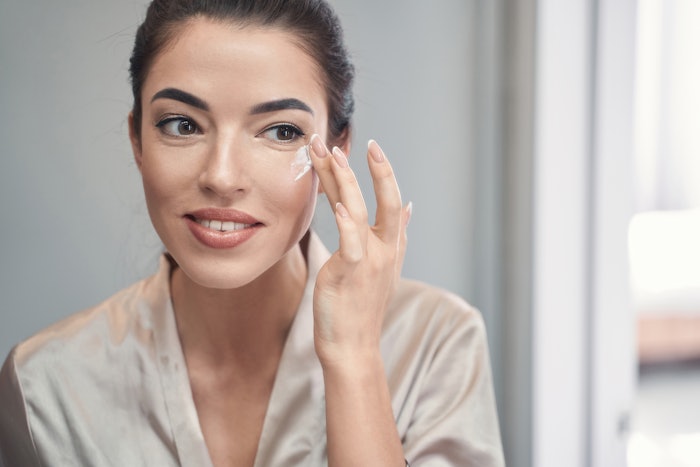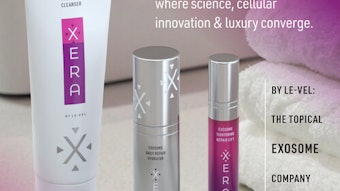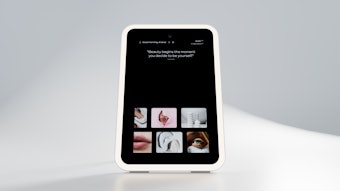
Kosé is partnering with I Peace, Inc. and Reju, Inc. to develop personalized beauty products comprising iPSF (an induced pluripotent stem [iPS] cell extract) derived from customers' own blood-drawn cells.
This process will reportedly optimize dosages and textures for each consumer; finished products will reportedly be "provided through medical institutions under medical supervision," per Kosé.
By the end of 2024, iPSF-based formulations will commence demonstrating testing in Japan.
The initiative supports the rise of regenerative, longevity-focused beauty.
What are iPS Cells?
 Kosé describes iPS cells as a "stem cell that can proliferate almost indefinitely and differentiate into any type of cell in the various tissues and organs, making them promising for regenerative medicine applications."Kose
Kosé describes iPS cells as a "stem cell that can proliferate almost indefinitely and differentiate into any type of cell in the various tissues and organs, making them promising for regenerative medicine applications."Kose
Notably, they free innovation teams from leveraging embryonic stem cells in product development. And, by using consumers' own cells, adverse reactions can be diminished or even eliminated.
A decade ago, a report in the journal Cold Spring Harbor Perspectives in Medicine also noted that iPS cells have the potential to boost regenerative care for the skin:
The discovery of methods for reprogramming adult somatic cells into induced pluripotent stem cells (iPSCs) has raised the possibility of producing truly personalized treatment options for numerous diseases. Similar to embryonic stem cells (ESCs), iPSCs can give rise to any cell type in the body and are amenable to genetic correction by homologous recombination. These ESC properties of iPSCs allow for the development of permanent corrective therapies for many currently incurable disorders, including inherited skin diseases, without using embryonic tissues or oocytes. Here, we review recent progress and limitations of iPSC research with a focus on clinical applications of iPSCs and using iPSCs to model human diseases for drug discovery in the field of dermatology.
How Kose is Leveraging iPS Cells in Personalized Skin Care
Under the new Kosé initiative, partner Japanese medical institutions will oversee the collection of somatic cells from customers' blood.
From that point, the process is projected to be as follows:
- iPS specialist I Peace will leverage biotech to affordably cultivate clinical-grade iPS cells based on each user's somatic cells; the cell generation process reportedly "rejuvenates" iPS cells, thereby providing cellular activity levels to consumers on par with their younger selves (I Peace offers iPS cell banking services for individuals, enabling them to store their own iPS cells for personalized disease treatment in the future and other applications)
- Reju will then extract and refine growth factors and other components from cultivated iPS cells to generate what is called an iPSF cell extract, which is believed to support cell rejuvenation and longevity
- Kosé will then take the iPSF extracts and applies them in the appropriate dosage in personalized skin care formulations tooled to the preferences of each individual; iPSF extracts derived from customers' own cells boost biocompatibility, minimizing the risk of adverse reactions, per Kosé
Form factors for these personalized beauty products will include gels for those who prefer a fresh feeling or creams for those concerned about dryness.
What's Next for iPS Beauty?
The implications of applied iPS cells in beauty are just being understood.
In the 2014 Cold Spring Harbor Perspectives in Medicine report, the author noted, "The potential of ... iPSC-based therapeutic approaches is enormous and offers the possibility for truly personalized medicine."
The authors added, "iPSCs would not only eliminate the need for generating [embryonic stem cells] ESCs from fertilized human embryos, but also avoid the complication of immune responses inevitable during the transplantation of allogeneic cells. Although still in its youth, the iPSC field is gaining momentum and it holds great promise for changing the way we treat patients with inherited skin diseases and reversing age-associated conditions that affect the skin."










